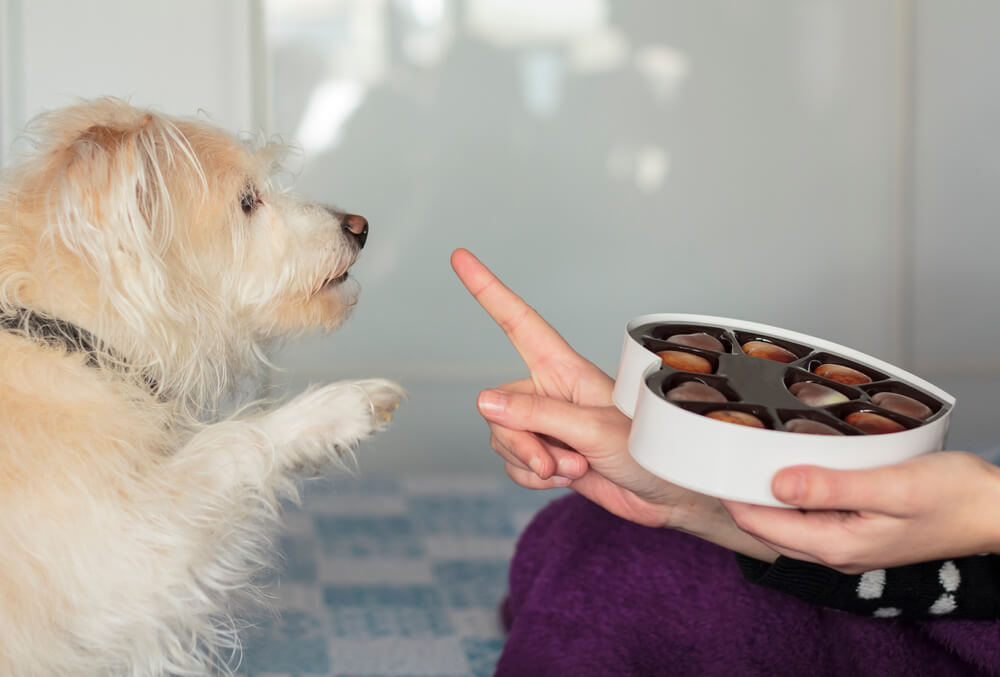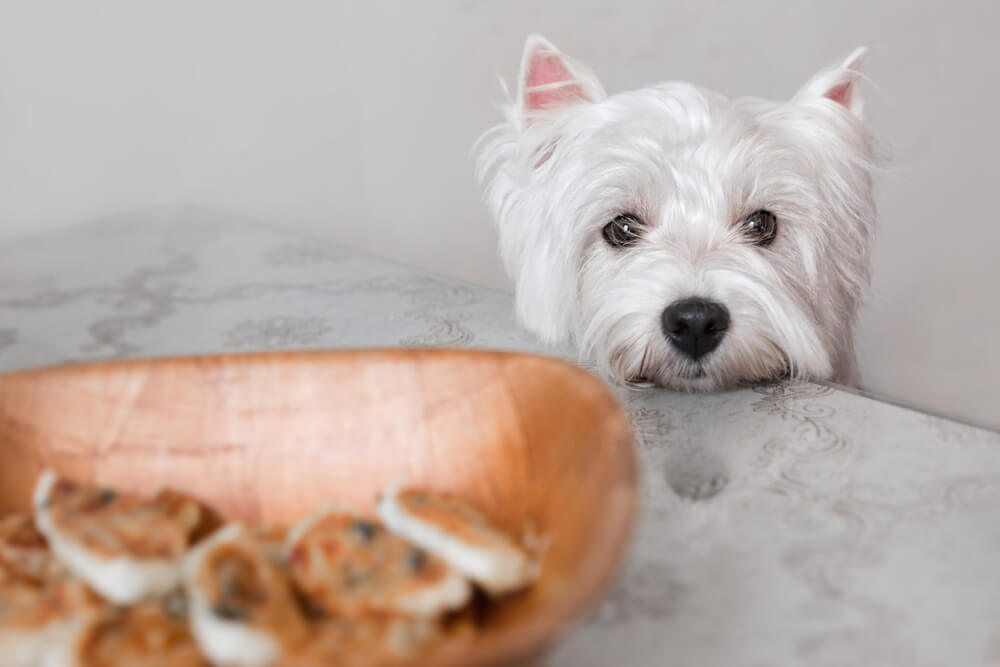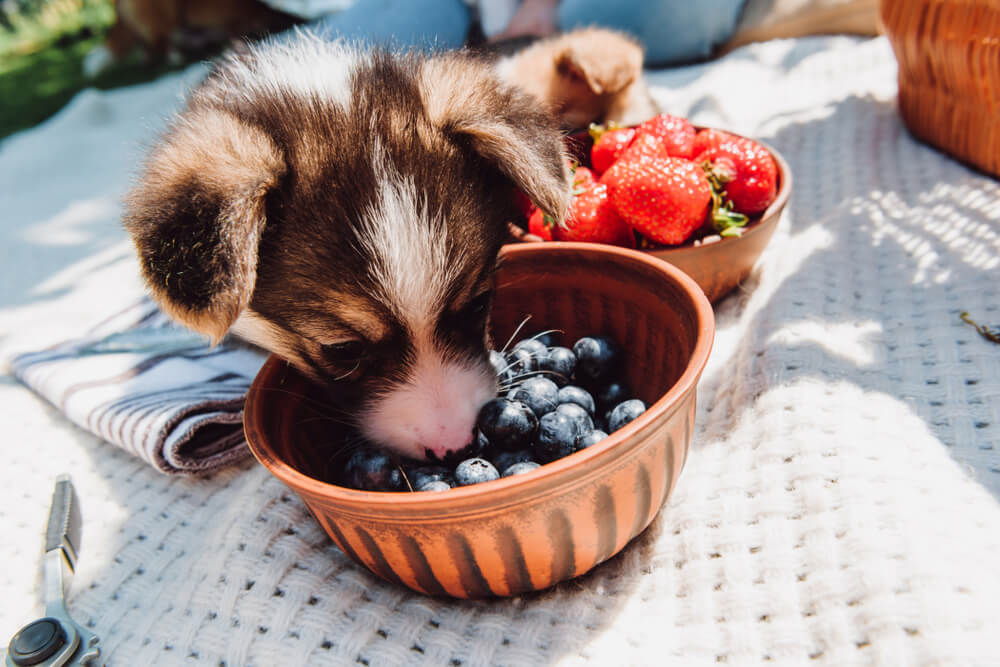10 Foods Not To Feed Your Dog

Table of Contents
Listen To The Article
Introduction to 10 Foods Not To Feed Your Dog
While dogs are omnivores and have different nutritional needs than humans, their digestive systems still process the same nutrients.
A lot of people assume that dogs can eat the same foods that they can, but what people eat is not necessarily safe or healthy for their pets they need quality dog food.
Feeding your dog a healthy diet is a key to his or her long-term health, but there are some foods you should never give your dog.
Some dogs have allergies or sensitivities to certain foods, so you should always consult with your vet before feeding your dog a new food.
As the old saying goes, you are what you eat: In the case of dogs, this is more true than you might think.
While you might think your dog will eat anything, it turns out that some foods can cause health problems and make your pup sick.
If you’re thinking, “But wait, I thought dogs were carnivores,” think again.
Not only do dogs have the same types of teeth as humans, but they also require a different nutrient balance for optimal health.
Many of the foods we enjoy are inappropriate for dogs.
So, what are some of the foods that you should never feed your dog?

Human Food Is Not Always Dog-Friendly
Foods that are perfectly suitable for human consumption, as well as other animals, maybe toxic and even poisonous to your dog, posing a serious threat to their health and well-being.
Why?
Because all animals have very different rates of metabolism.
Metabolism is the process of breaking down food and turning it into energy.
While we’re attempting to add every food we can find that is potentially unsafe for dogs, there are certain foods that we may miss, so don’t consider a food safe to feed to our dog just because it’s not on this list of foods bad for dogs.

Foods Not To Feed Your Dog
Dedicated dog lovers tend to be very kind people. We share our hearts and homes with our canine pals.
Surely there is nothing wrong with sharing our favorite foods with them too, right?
Not necessarily.
Many of the foods, such as fruits and vegetables, that humans digest just fine can wreak havoc on a dog’s body, causing severe health problems.
On the other hand, some of the foods people eat can be introduced to a dog’s diet just fine, and even provide health benefits such as joint strength, better breath, and allergy immunity.
But before giving the dog foods that you crave, and always be mindful that even healthy foods fed in excess can lead to canine obesity.
Chocolate
There’s a good chance you already know this, but it still bears repeating: keep milk chocolates away from your puppy!
Any kinds of chocolate like dark chocolate, and white chocolate.
Chocolate contains the compound theobromine, which is toxic to dogs.
This causes vomiting, seizures, panting, diarrhea, heart and nervous system damage, and even death.
Add that to chocolate’s natural caffeine content, and you’d know why you should keep that chocolate bar to yourself.
Salty foods
One can find salt in a wide variety of foods, from bacon to your favorite bag of chips.
However, this doesn’t mean that it’s okay to feed salty snack foods to your dog.
Too much salt may cause electrolyte level imbalance, dehydration, and even diarrhea.
Sugary foods
In this case, dogs and humans suffer the same risks from sugar consumption: obesity, dental problems, and diabetes.
Feeding your dog too much sugar will lead to increased fat deposits.
The problem may become so serious that it could even affect their ability to walk.
Coffee and other caffeine-rich products
That extra push some of us need to get up in the morning is too much for our dogs to handle.
The boost of energy causes dogs to overwork their muscles, leading to tremors and heart palpitations.
Our furry friends are more sensitive to caffeine’s effects, so much that even moderate consumption of coffee grounds or tea bags can cause death in small dogs.
Dairy products
Unlike us, dogs can’t handle the enzymes present in cow’s milk.
Dogs lack the enzyme to effectively break down lactose in milk.
Thus, dairy product consumption in dogs can lead to intestinal problems and diarrhea.
Alcohol
Dogs are much more vulnerable to alcohol poisoning.
Alcohol consumption can cause intoxication, lack of coordination, poor breathing, and abnormal acidity in dogs. In a worst-case scenario, the dog may even fall into a coma or die. So yeah, forget about pouring your dog a shot.
Onions & garlic
These two are part of the allium genus, an entire group of plants to keep away from your dogs.
These are toxic to your dog and may cause anemia and weakness when ingested in large quantities.
Avocado
To keep their fruit and bark safe, avocado trees produce their insecticide.
Unfortunately, dogs and some humans) are extremely allergic to this.
While large amounts of this can be lethal for dogs, there’s also the danger that they’ll choke on the pits before they even feel the symptoms.
Grapes & raisins
Grapes are unsafe for canine consumption, as they contain a toxin that may cause kidney failure and liver failure.
The effects are quite potent; aside from vomiting and becoming lethargic, dogs can also die from consuming even just a handful of grapes.
Macadamia nuts
Does your dog seem depressed or weak?
Pay a visit to the vet, those are the signs they might have consumed macadamia nuts.
These contain a toxin that may inhibit movement and cause swollen limbs, panting and internal damage in dogs.

Other Foods Harmful To Dogs
If you are unsure if you can feed a portion of food to your dog, always consult your veterinarian first.
As a general rule of thumb, it is best to avoid feeding your dog human food these are dangerous foods for you fur friend.
While it can be hard to ignore those puppy dog eyes looking at you at the dinner table, feeding your dog can often result in weight gain among other more serious issues.
To keep your dog out of harm’s way, it is best to stick to a diet of food specifically formulated to meet your dog’s nutritional needs.
Old Food
Dog eating with a couple in a restaurant you don’t like old and moldy food, so what makes you think your dog will?
The bacteria in spoiled food contains all sorts of toxins that can be damaging to your dog’s health.
Feed them the freshest and best, dog-approved food only!
Leftovers
If you feed your dog leftovers regularly, they won’t get a proper diet.
If you do give them table scraps, make sure to take out any bones and trim down the fat.
Bones and raw food
Here are two dog-specific (and almost iconic) treats that we actually shouldn’t give our pets.
Household dogs may accidentally swallow and choke on large chunks of bone.
Barring that, the sharp edges of crushed bone can also scratch the walls of their stomach and intestine.
As for raw food, dogs are just as susceptible to salmonella, E. coli, and other bacteria and viruses as we are.
Avoid feeding your dog contaminated meat by cooking it first.
Yeast Dough
Yeast dough can rise and cause gas to accumulate in your pet’s digestive system.
This can be painful and can cause the stomach to bloat, and potentially twist, becoming a life-threatening emergency.
The yeast produce ethanol as a by-product and a dog ingesting raw bread dough can become drunk (See alcohol).
Human Snacks
Potato Chip can contain garlic and onion powder and cookies may contain raisins, chocolate or macadamia nuts, etc. Bottom line there’s a reason there’s food and treats made especially for dogs.

10 Foods Dogs Can Eat
If you feed your dog food, factor it into their daily diet foods.
Always use moderation, especially when shredding an extra juicy rotisserie chicken you just brought home from the grocery store.
Also, if you’re feeding your dog a new food, do so gradually so that you can monitor any adverse reactions or allergies you may not have been aware of.
Now for the good stuff.
1. Blueberries
Blueberries are good for your dog, making them a perfect bite-sized training treat. Blueberries are a rich source of antioxidants, as well as fiber, minerals, and vitamins. Feed them to your dog guilt-free.
2. Pineapples
If you are inclined to feed your dog pineapple, they are not only safe; they’re also a delicious source of fiber minerals, and vitamins.
3. Strawberries
Sometimes strawberries get a little bruised or don’t look quite as appealing as they should. Those are perfect for feeding to your dog, as they are low in calories and high in antioxidants and fiber.
4. Salmon
As long as it’s cooked, salmon is a great way to add omega-3 fatty acids to your dog’s diet.
5. Peanut Butter
High in fat and calories, but oh so tasty. Peanut butter is the perfect way to mask the giant heartworm pill you give your dog every month. *Check the ingredients for Xylitol. Xylitol is a sweetener in many foods like yogurt and peanut butter and it is highly toxic for dogs.
6. Bananas
If you’re feeling especially generous, maybe you’re leaving the house for five hours and feel bad leaving your dog alone, you may be inclined to slather some of that peanut butter on a few banana slices, apple slices and hide it in a Kong to give your dog something to do, and something delicious to eat.
7. Cheese
Cheese is safe to feed your dog but keep always in moderation. Dogs are known to have some lactose intolerance, so too much cheese could cause an upset stomach.
8. Eggs
Some claim that cooked eggs can relieve nausea. Also, eggs are a great source of vitamins, minerals, and protein. Do not feed raw.
9. Oranges
With a low amount of calories and a high amount of nutrients, oranges make an excellent treat for your dog. As always, feed in moderation as oranges are acidic and have been known to cause upset stomachs in dogs that eat too much.
10. Carrots
If you can get your dog to eat a carrot… they provide fiber, minerals, and vitamins all while staying low in calories. They can also be served cooked, or raw, so if you have a dog that enjoys his veggies, he’s in luck.



